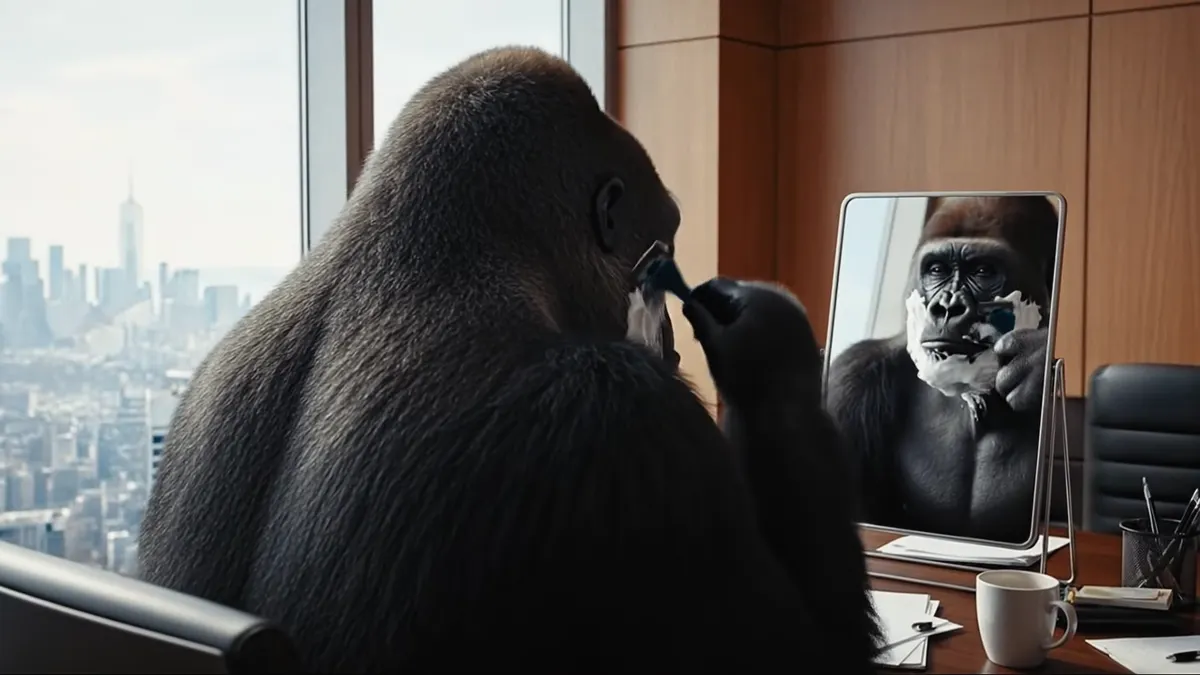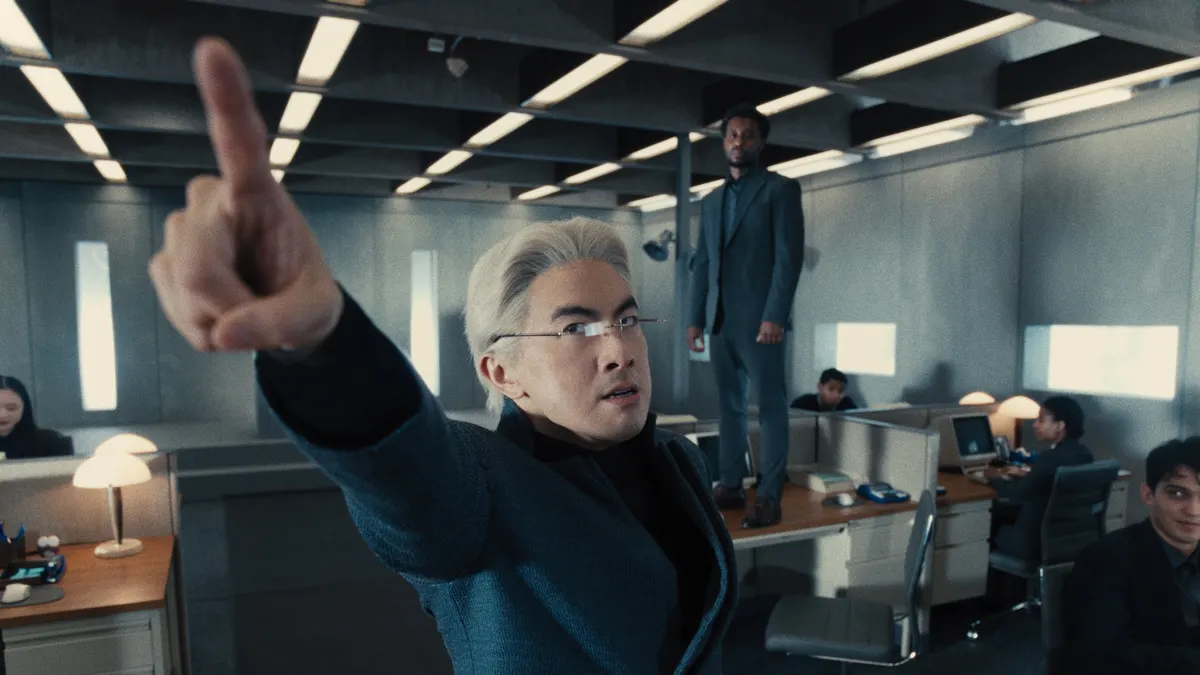NEW YORK — Advertising Week is, in many ways, a show focused on the agency business, and the 2018 New York conference hasn't shied away from discussing the pressures impacting Madison Avenue. On a panel moderated by President of Accenture Interactive Operations Nikki Mendonca Wednesday, digital marketers from Subway, Mastercard and the Radisson Hotel Group spoke on where they find the most value in working with external partners, frequently challenging the idea that these types of collaborators are becoming irrelevant while still outlining the areas where they must change.
"We are not a technical company, we are not a media company," Rémy Merckx, VP of digital at Radisson Hotel Group, said. "That's where we need to build collaborations and partnerships with companies to help us ... while we can really focus on the final experience, which is the hotel experience."
The panel ran around the release of a new report from the digital marketing services arm of Accenture, which found that 91% of surveyed marketing leaders still find third-party partners "critical" in building out a customer experience strategy. Speakers reinforced the difficulties that brands in traditional categories like hospitality and the restaurant business have in developing and implementing new technology, which is often costly but also increasingly at the center of a successful customer experience.
Some also pushed back against the idea of moving more of these marketing duties to internal shops. The number of advertisers with in-house agencies has jumped to 64% from 42% a decade ago, according to a recent study by Forrester and the In-house Agency Forum.
"Technology offers such a big advantage to take advantage of today's new landscape, but we don't have that expertise," Ben Jankowski, SVP of global media at Mastercard, said. "Our agencies still have to play a really important role — I know there's a lot of talk around people bringing their business in-house, and I don't get it."
Elephant in the room
But if agencies can be secure in their future, they still need to streamline and adapt to retain current client business, panelists said, occasionally expressing frustration with overly-complex processes when it comes to delivering performance with digital and data-driven marketing.
"[We had] multiple systems, multiple agencies working on our accounts, no control over the spend whatsoever," Merckx said.
"You spend $1,000, you don't even know how much of that $1,000 goes really to buy media to generate traffic ... you have no clue," he added. "When you ask your agency, they provide a 25-slide presentation to try to explain to you how to do that."
Accenture Interactive was also in some ways the elephant in the room Wednesday, as various consultancies' digital marketing businesses are encroaching on agency turf and snapping up big brand accounts. Accenture's "new" business category, which includes Accenture Interactive, Accenture Applied Intelligence and Industry X, has grown more than 20% over the past 12 months, according to recent industry reports, and at a time when growth for the major agency conglomerates is largely flat.
Two of the Advertising Week panelists, from Subway and Radisson, praised how Accenture Interactive has helped them with what are often difficult technological transformations. Carissa Ganelli, the chief digital officer at Subway, suggested the chain's efforts over the past couple of years to improve personalization were driven, in part, by recommendations from Accenture's team.
For email marketing, Subway recently started sending more than 222 different versions of emails based on purchasing behavior, including by changing the type of meat displayed on the sandwich to reflect consumer preference. The customized product images drove an 8% lift in orders, Ganelli said.
"Not even the subject line, not even the price point — just the picture based on user behavior," Ganelli said. "That's unbelievable and all because of our third-party partners."
Brands are accountable, too
It's no secret that agencies are starting to more closely mirror the consultancy model, and in many cases simply launching their own consulting services arms. Facilitating this shift and steering objectives to be more driven by data has not always been seamless, though panelists noted to keep an eye on the space.
"Spoken from an agency veteran, we talk about evolution and how we have to change the model ... it's all really slow," Mastercard's Jankowski, who worked in the agency business for 28 years, said. "People are doing some interesting things ... Dentsu buying Merkle is really, really interesting."
While part of the responsibility rests on agencies in becoming more agile, marketers obsessed with carefully-managed budgets can stymie that transformation as well, according to speakers.
"If there's a root cause, part of it has to do with economics. It's a hard model these days," Jankowski said. "Agencies are constantly under pressure from marketers and that obviously doesn't help investment spend in parts of the business they have to do to evolve. It's kind of a vicious cycle."
"[Agencies] can't invest and bring in new people if ... their clients are beating them up on fees every day," he added.
On a panel that came amid broader discussions about the degradation of trust between brands and agencies, speakers also highlighted the value of deeper partnerships, where there's an understanding that failure is inevitable — even frequent — which can be difficult for bottom line-driven marketers to swallow.
"We are not acting with a vending machine, those are people in agencies, in those partners," Merckx said. "It's a human relationship that you're building."
"Any time you bring on a new partner or engage in a new vendor relationship, it's a leap of faith," Subway's Ganelli said. "Things aren't going to go as expected, or expectations are going to be a little bit missed ... you need fortitude."





















